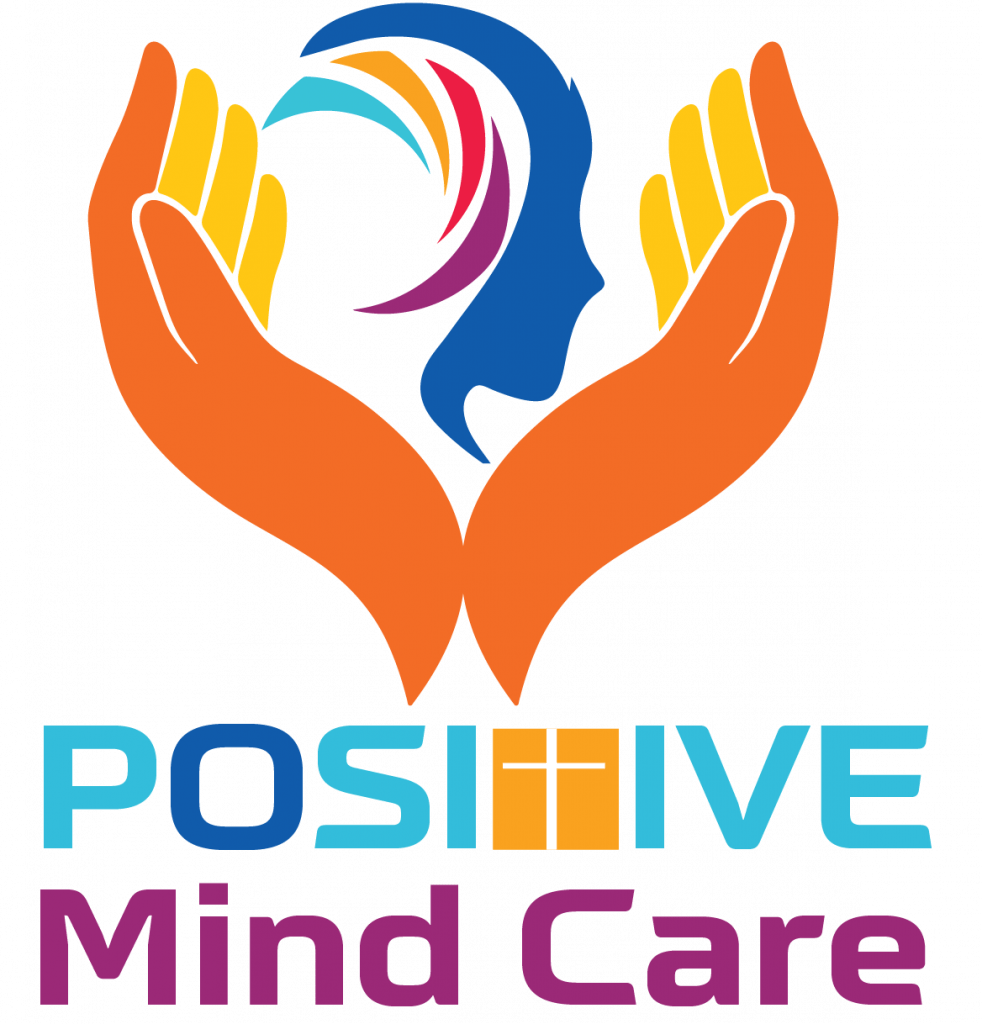Positive Mind Care is a main emotional well-being focus in Gurugram that offers an extensive scope of administrations to address different emotional well-being conditions. Deep Transcranial Magnetic Stimulation (Deep TMS) is a revolutionary treatment offered by Positive Mind Care, a renowned Gurugram mental health center. In this article, we investigate the groundbreaking impacts of Profound TMS treatment and why Positive Mind Care is the best objective for those looking for successful gloom treatment in Gurugram.
What are Borderline Personality Disorders?
Borderline Personality Disorder (BPD) is a mental health disorder that falls under the category of personality disorders. It is characterized by a pattern of pervasive instability in mood, interpersonal relationships, self-image, and behavior. People with BPD often experience intense emotional swings and have difficulty regulating their emotions. The term “borderline” was originally used because clinicians believed these individuals were on the “borderline” between neurotic and psychotic conditions, but this term is now considered outdated.
Some of the key features and symptoms of Borderline Personality Disorder include:
- Intense and unstable emotions: Individuals with BPD may experience intense mood swings that can last from a few hours to a few days. These emotions may include anger, sadness, anxiety, and irritability. They may also have difficulty recovering from emotionally charged situations.
- Fear of abandonment: People with BPD often have an intense fear of being abandoned or rejected, leading to efforts to avoid real or perceived abandonment. This fear can trigger impulsive behaviors to maintain relationships or prevent separations.
- Unstable relationships: BPD is often characterized by tumultuous and unstable relationships with others. Individuals may idealize someone initially, and then quickly shift to devaluing the same person in response to minor disagreements or perceived slights.
- Distorted self-image: People with BPD may struggle with their sense of self and experience rapid changes in how they view themselves. They may have a shaky self-identity and feelings of emptiness.
- Impulsive behavior: Individuals with BPD may engage in self-destructive behaviors, such as reckless driving, substance abuse, binge eating, or self-harm, as a way to cope with their emotional pain.
- Self-harm and suicidal ideation: BPD is associated with a higher risk of self-harming behaviors, such as cutting or burning oneself. Suicidal ideation and suicide attempts are also more common in individuals with BPD.
- Chronic feelings of emptiness: People with BPD often experience a deep and pervasive sense of emptiness and loneliness.
- Difficulty with anger: Individuals with BPD may have difficulty managing and expressing anger appropriately, leading to intense outbursts or periods of intense irritability.
Traditional Treatment Approaches
Traditional treatments for BPD typically involve psychotherapy, such as dialectical behavior therapy (DBT), cognitive-behavioral therapy (CBT), and psychodynamic therapy. Medications may also be used to address specific symptoms like depression, anxiety, or mood swings, although they are not specifically approved for BPD treatment.
How can we treat BPD using Deep TMS?
Deep Transcranial Magnetic Stimulation (Deep TMS) is a relatively new non-invasive brain stimulation technique that has shown promise in treating certain mental health conditions, including BPD. It is a variant of Transcranial Magnetic Stimulation (TMS) that can target deeper brain structures.
Here’s how Deep TMS works and its potential for treating BPD:
- Mechanism: Deep TMS uses electromagnetic coils to generate magnetic fields that can penetrate deeper brain regions compared to standard TMS. By targeting specific brain areas, Deep TMS aims to modulate neural activity, potentially improving the symptoms of BPD.
- Research on Deep TMS and BPD: Research on the use of Deep TMS for BPD is still in the early stages, and the evidence is limited. However, some studies suggested that Deep TMS may have a positive impact on certain symptoms of BPD, such as mood instability and emotional dysregulation.
- Complementing traditional therapy: Deep TMS is not a standalone treatment for BPD but is more likely to be used as an adjunct to traditional psychotherapy. It may be considered when other treatments have not been effective or when there is a need for additional support.
- Potential benefits: The advantage of Deep TMS is that it is non-invasive and generally well-tolerated by patients, with minimal side effects compared to other brain stimulation techniques.
- Limitations: The effectiveness of Deep TMS for BPD is not yet fully established, and its long-term effects and optimal treatment protocols need further investigation. Additionally, Deep TMS may not be suitable for everyone, and individual responses to the treatment can vary.
How can we help?
Positive Mind Care and Research Centre is a trusted facility that offers a range of services to support individuals in their journey towards Major Depressive Disorder
Outpatient Department (OPD):
Provides a convenient and flexible approach to treatment, allowing patients to receive care while maintaining their daily routines.
Deep Transcranial Magnetic Stimulation (Deep TMS):
A non-invasive procedure that targets specific areas of the brain associated with depression. This innovative treatment option has shown promising results in reducing symptoms of BPD.
Counseling:
A supportive and empathetic environment to express thoughts, emotions, and experiences, develop coping strategies, and gain insights to improve overall well-being.
Mindfulness:
Various programs and practices to promote and teach a mental state characterized by present-moment awareness, non-judgmental attention, and acceptance of one’s thoughts and feelings.
Conclusion
It’s crucial to remember that the field of mental health research is continually evolving, and new advancements may have emerged beyond my last update. If you or someone you know is struggling with BPD or any mental health condition, it is essential to seek professional help from qualified mental health practitioners. They can conduct a comprehensive assessment and recommend the most appropriate and evidence-based treatment plan tailored to the individual’s needs.
Positive Mind Care in Gurugram is a beacon of hope for individuals battling with such disorders, thanks to its cutting-edge Deep TMS therapy and comprehensive approach to treatment. By outfitting the force of imaginative innovation and customized care, Positive Mind Care is changing lives and making ready for a more brilliant, more joyful future for its patients.



